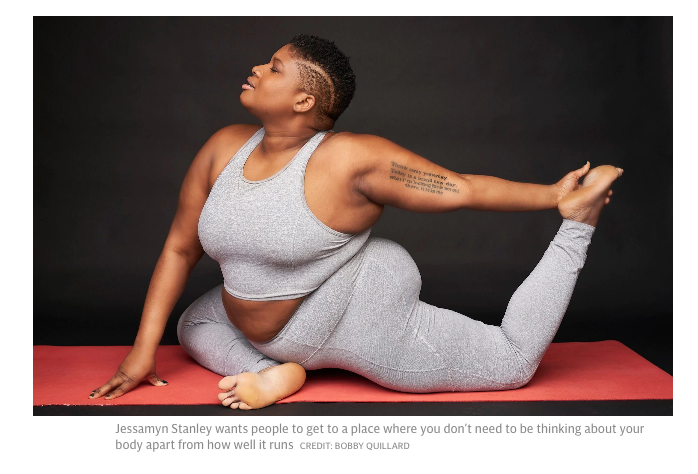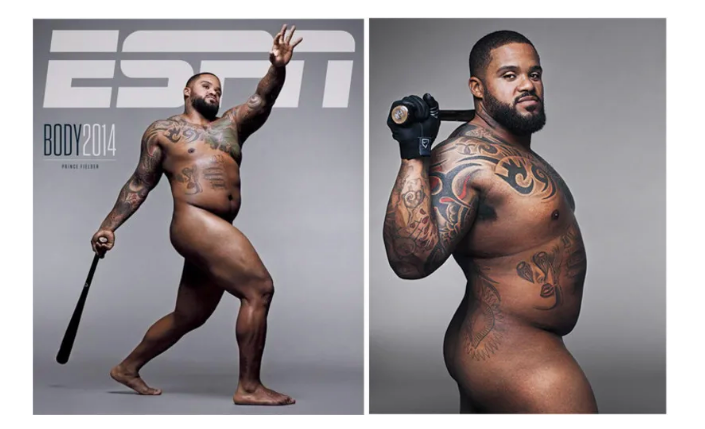Body Diversity on Broadway
Current musicals on Broadway. Source: broadway.com
When Hamilton burst onto the scene in 2015, it was rightfully hailed as a radical shift in casting for Broadway roles. Almost the entire cast then and all the touring companies and the resident Broadway cast now are people of color. And it is part of the point that black men and women are playing the Founding Fathers and Mothers, the very same people who enslaved and oppressed their ancestors. Hamilton is the story of America then told by America now, and looking at the people on stage, you can feel that. They look like the people we see in our neighborhoods. Except for one thing…
In all of Hamilton, only one character is ever labelled fat, and it’s the incompetent President John Adams, who we never see during the show. We are told in the show that Adams privately refers to Hamilton as a “Creole bastard” and Hamilton publishes his response in the papers, summarized with the lyrics, “Sit down, John! You fat mother[bleep]!”
Despite all of the other adjectives thrown about in the show—arrogant, bastard, orphan, loud-mouth, son of a whore, hero, scholar, right-hand man—only fat is reserved for someone Hamilton hates. Not even King George, who the American rebels have taken arms against, earns this particular epithet. Nor does Thomas Jefferson, who Hamilton regularly did political battle with. Only John Adams, who was clearly in a war of words with Hamilton earns it.
What makes it feel particularly disturbing is that this just occurred to me today. I’ve been listening to the original cast recording at intervals since October 2015 and this is the first time it occurred to me that the one character actually referred to as fat is someone we’re supposed to hate. And it’s not as if there haven’t been fat actors in Hamilton. James Monroe Igelhart is a fat actor who is currently in the role of Marquis de Lafayette/Thomas Jefferson. But I think that he’s an anomaly, not only in Hamilton but on Broadway in general.
One of the few times that I’ve seen remarkable body diversity on a stage was in a touring production of Come From Away, which is the story of a small town in Newfoundland where 38 planes were diverted on September 11, 2001 when the US airspace was closed. The town doubled in size with the arrival of all of those passengers from all over the world. And when I looked on stage, there were the kinds of people I knew. Mostly thin or average-sized people, but also a couple of fat people. They looked like a group of real people that I would expect to see in an airport or getting off a plane.
Seeing that production of Come From Away, it was one of the first times I saw even a glimpse of myself on stage in a real way. I’m sure I’ve seen fat people on stage before, but always as a caricature or as someone evil, annoying, or unwanted. We need more of that on stage, just like we need it in movies and television. We need more of people like Igelhart winning a Tony for playing a role like the Genie in Aladdin. We need more of people like Ali Stoker, the first wheelchair user on a Broadway stage and Tony-award winner for best featured actress in a musical. And we need to stop using the word fat against people, even for fictional or fictionalized characters that we never see.













